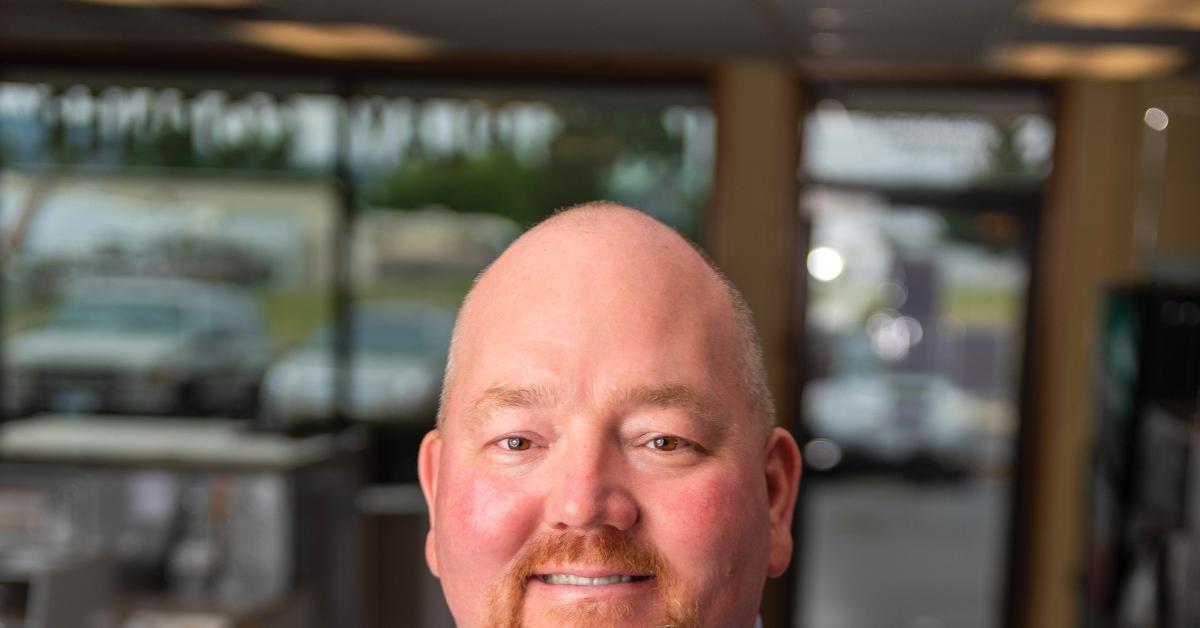CHICAGO — When looking to build back business that dropped off during the pandemic, many dry cleaners discovered that courting commercial work a great way of regaining profitability. While the specific needs of these clients might differ from those if individual clients, cleaners who go into commercial work with clear expectations can find new, lucrative income streams.
In Part 1 of this article, we examined why commercial work could be a game-changing addition to a dry cleaner’s business, and in Part 2, we explored the first steps of building this client base. Today, for the conclusion, we’ll look at ways to get your business ready to do commercial cleaning.
Getting Started
Kent Wales, owner of Happy Laundry and Dry Cleaning, located in Spokane, Washington, has two suggestions for dry cleaners wanting to get into the commercial field. The first is to know what it is you want to do.
“One of the biggest mistakes I made was saying yes to everything in the beginning,” he says.
“You’re always looking for volume, but if you’re an existing dry cleaner, just start with one type of business, whether that be sheets and towels, or table linens and napkins from a restaurant. Figure out a niche that you want to service, hit three or four of those, and then build off that.”
Wales’ second suggestion is to not be afraid to ask for advice.
“If you don’t have a great chemical rep from whom you’re buying your soaps for your shirts, find one, because they’re going to be able to help you set up your machines,” he says. “If you’ve got one or two machines that are chemically injected, you’ve got plenty of extra cycles available on those during the week. But, maybe you’ve got to add some more chemicals — have that rep available to you.”
Because commercial cleaning can be potentially hazardous — more so than residential cleaning — communication is key to keeping everyone safe.
“You need to be cognizant of what’s coming in,” Wales says. “We do ask any commercial customer—and this includes medical customers—that if they have anything that could be considered a biohazard, it’s got to be bagged separately and tagged as that so we can approach that appropriately. That being said, in today’s world, anyone touching clothes should have protective gloves on, so that’s just an extension of what we do already.”
While most cleaning plants can handle commercial work, Wales believes that there is one element a cleaner needs to have in place before considering expanding into this type of work.
“If you’re a dry cleaner trying to get into commercial work and you don’t have a route, I don’t think it’s going to work,” he says. “You need to have some way to deliver it because that’s the expectation that customers have. They’re going to expect you to pick up and deliver at their business. We get a little bit of customer work over the counter, but it’s such a small percentage of what we do.”
Commercial Benefits
While it can be more difficult to build up a commercial customer list in the beginning, Wales believes that the work is worth the effort.
“One of the things that surprised me more than anything was how consistent a commercial customer is,” he says. “I have sure seen that the average customer can come in once a week or as needed, but from our route and commercial work, it has been much more consistent. You have seasonal ups and downs, to be sure, but with commercial work, the majority of what we’re signing up today is somebody who needs service one to five times a week.”
Greg Colosi, owner of Dry Cleaner Profits, a marketing company located in Rochester, New York, says his clients are also finding ways to make commercial work more and more profitable.
“One thing I’m starting to see our members have success with dealing with smaller offices are subscription plans,” he says. “They get so many bags per month, and they can stuff them as full as they want, and they pay a certain amount each month. This way, the customer doesn’t feel it as much, and they feel like they’re really getting a deal. Also, the cleaner knows that they are going to have a fixed number, and they can plan better with that type of account.”
Colosi says that a lot of small businesses add up to a lot — to the point that cleaners should beware of landing a big account. The reason for this, he says, is that if you become dependent on that large account, to the point that you stop looking for other work, and the client decides for whatever reason to go with another cleaner, your business will take a huge hit.
“It could be for no fault of your own, but suddenly you’re out a big chunk of cash,” he says. “You can’t sit on your laurels. Hustle like crazy to get a bunch of accounts so that, if one goes down, you’ve still got plenty of work coming in.”
For Part 1 of this series, click HERE. For Part 2, click HERE.
Have a question or comment? E-mail our editor Dave Davis at [email protected].

